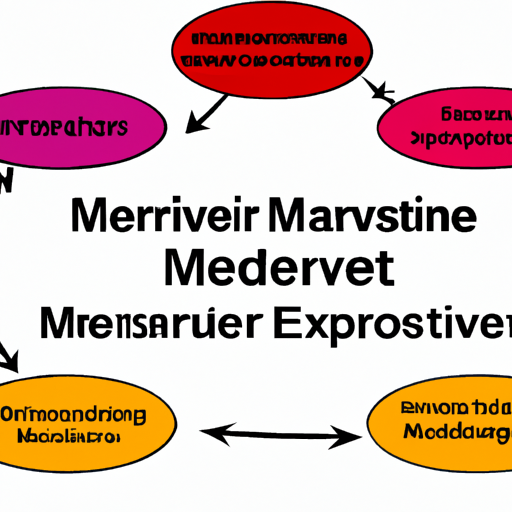In today’s digital landscape, data privacy has become a critical concern for organizations and individuals alike. With the rise of cyber threats and data breaches, ensuring the confidentiality and integrity of sensitive information is more important than ever. This blog post explores essential strategies and tools to enhance data privacy and protect your valuable data assets.
Why is Data Privacy Important?
Data privacy refers to the proper handling and protection of sensitive information, including personal data, financial records, and proprietary business information. With increasing regulations like GDPR and CCPA, organizations face significant legal obligations to safeguard this data.
Enhancing data privacy not only helps avoid costly penalties but also builds trust with customers and business partners. A commitment to data protection demonstrates a company’s dedication to ethical practices and responsible management of personal information.
Essential Strategies for Enhancing Data Privacy
1. Conduct Regular Risk Assessments
To effectively enhance data privacy, organizations should regularly assess potential risks to their data. This includes identifying vulnerabilities, evaluating current security measures, and determining areas that require improvement. A comprehensive risk assessment can help prioritize actions needed to strengthen data protection.
2. Implement Strong Access Controls
Access control policies are vital in protecting sensitive information. Limit access to data only to those employees who need it for their job functions. Employ multi-factor authentication and regularly review access privileges to prevent unauthorized access.
3. Encrypt Sensitive Data
Data encryption is a powerful tool for enhancing privacy. Encrypting sensitive information ensures that even if data is intercepted, it remains unreadable without the proper decryption keys. Use encryption for data at rest and in transit to mitigate risks.
4. Audit and Monitor Data Access
Regular audits and monitoring of data access help detect suspicious activity early. Implementing logging systems can provide insights into who accesses data, when, and for what purpose, which helps to identify anomalies and enforce accountability.
5. Educate Employees on Data Privacy Practices
Human error is often a significant factor in data breaches. Conduct regular training sessions to educate employees about data privacy best practices, including recognizing phishing attempts, handling sensitive data, and reporting suspicious activities.
Key Tools for Data Privacy Enhancement
- Data Loss Prevention (DLP) Solutions: These tools monitor and protect sensitive data within and outside the organization.
- Identity and Access Management (IAM) Tools: IAM helps control user access and protects identities across systems.
- Firewall and Intrusion Detection Systems: These tools provide a layer of defense against unauthorized access and cyber threats.
- Data Encryption Software: Various tools are available for encrypting data at both rest and in transit, ensuring its protection.
- Privacy Management Software: These solutions assist in managing compliance with data protection regulations and tracking data handling practices.
Conclusion
In conclusion, enhancing data privacy is not just a regulatory requirement but a fundamental aspect of maintaining a trustworthy business. By employing effective strategies and utilizing advanced tools, organizations can significantly bolster their data protection measures. Prioritizing data privacy will ultimately safeguard your organization against risks and enhance your reputation in the market.
Take action today to secure your data and reinforce the trust of your clients!




